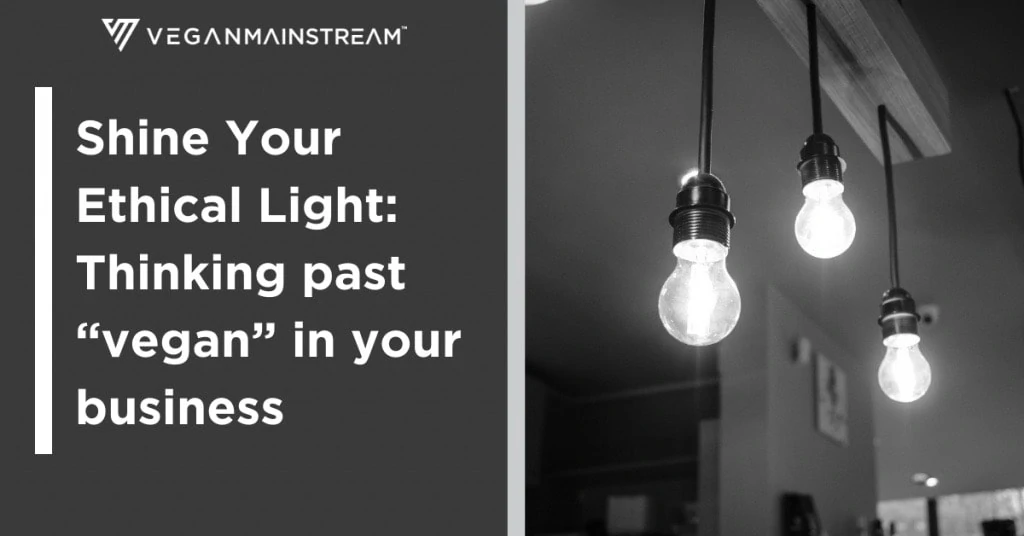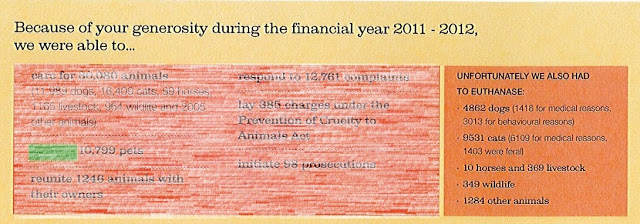After working intimately within the vegan business world for more than a decade, I would feel comfortable wagering that the majority of vegan entrepreneurs start their businesses because they want to help make the world a better place.
They see an opportunity for the development of a product or service that will help people to be healthier, that will be easier on the environment, that will create a more equitable world for animals and other people — and often the offering does all three of these things.
This intention is one of the things that makes the vegan business world so amazing. It is full of incredible people who have the best interests of others at heart, as opposed to profit at any cost. As society evolves and vegans are becoming a bigger part of the business world standards are changing for the better.
One of the most empowering and exciting things about operating your own vegan business is the opportunity to establish a new set of norms, rules and industry standards.
Today there is an increasing demand for companies to be more transparent and accountable. Often clients and potential customers want to know more about a company’s origins, whether its employees walk the talk, and the best practices and community involvement of a business.
And this is a good thing for vegan business owners! It creates an opportunity for you to distinguish yourself in a crowded market and allows you to engage in dialogue about what makes your business different.
This is important, because if you really want to be different, you can’t just stop at “my business is vegan.” I want to challenge you today to think deeply about what that really means and how you apply it to your business, beyond the obvious surface-level offering of products or services that don’t exploit animals, other humans or the planet.
How does being vegan actually affect the way you run your business?
Here are some of the things I suggest you consider:
- Who are you hiring, and how do you do it? What values do you look for in freelancers and more permanent employees? What policies have you put in place around that?
- What are your policies around customer service? Is it important to you to ensure that every customer feels heard and appreciated? How will you accomplish that?
- If there is controversy around your business or its purpose, how do you approach it? Do you challenge people directly to think differently or do you try to calm the waters?
- Who will you partner with or endorse? Do you have clear guidelines around this? Does it include non-vegan companies or individuals — why/why not?
- How do you source your supplies or choose the vendors you want to work with? Do you only work with other people or companies with an environmentally friendly track record, or what standard do you set?
- What is your vegan focus? Health, animals or the environment, or all three? Having a clear answer to this in your own heart and mind can help you to make important decisions quickly about the ethical standards for your business.
- What kind of change-maker are you? Do you lead by disruption or example? Are you ok with being a bit more aggressive, or would you prefer to win people over with a softer approach?
Thinking carefully about each of these issues will help you define your business and your audience more precisely. If you’re just getting started with this it might be helpful to take a look at the About Us pages of some of your favorite businesses to help you formulate your ideas and put them into concrete and actionable language.
I know you have a million things to do in your business, whether you are just starting out, or you’re already in with two feet, so why does this matter so much?
First up, and perhaps most importantly, having your business values clearly defined will keep you out of hot water. When your customers ask questions about your business ethics (and some of them will!) you will be prepared to explain why and how you do what you do.
There’s nothing worse than being asked an important ethical question that you haven’t even considered when you promote yourself as an ethical business.
That’s not to say that everyone will always agree with your values and principles but knowing where you stand is a fair starting point for any discussion.
The next thing is hiring. If you want to run an ethical business and you’re hiring others to join your team, whether they are freelancers or full-time employees, being really clear on your guidelines will be a huge advantage in hiring the right person the first time. Early in the years of Vegan Mainstream, this was a lesson I learned the hard way. Hiring someone who doesn’t share the company’s values can trainwreck projects or even send your business in the wrong direction, and being clear in your own mind will help you be clear and strong with others.
Finally, when you have thought carefully and thoroughly about the ethical stance of your business, you can use your marketing to reflect this, and that makes your marketing more impactful and meaningful. Using your marketing to share your values is a way to help the movement and weave what’s really important to you into your message. T
his often results in greater customer retention because customers connect with your brand — it’s more than just a product or service — it’s a shared value or belief system. Ethical consumers want to support businesses that offer ethical products and services.
So think carefully about what that means for your business, and let that shine through!
Take Action
Grab a pencil and a piece of paper (or your laptop) and brainstorm the seven questions above to get you thinking about how being vegan actually impacts the way you conduct business.









